Cats have been sharing their lives with humans for thousands of years. Their mysterious behaviors, such as bringing “gifts” of dead prey to their owners, have intrigued and puzzled cat lovers everywhere. Understanding this behavior can provide insights into the complex nature of cats and their interactions with us.
The Instinctual Hunter
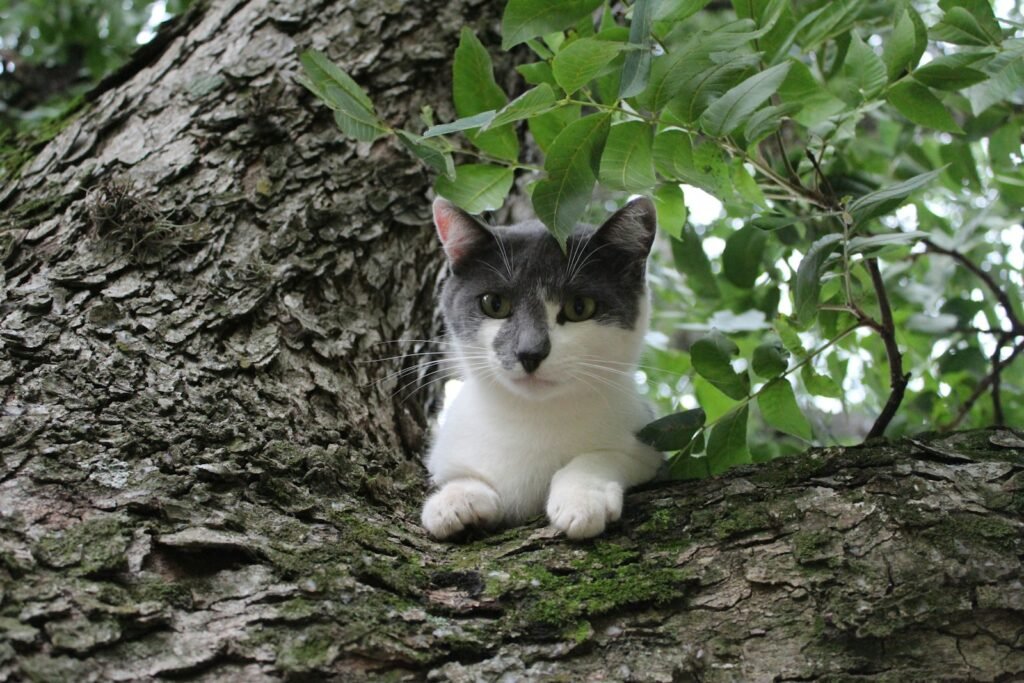
At the core of this behavior is the cat’s instinctual drive to hunt. Cats, even well-fed domestic ones, have retained their hunting skills from their wild ancestors. This instinct is a fundamental part of feline behavior, shaping their interactions with their environment and humans.
Understanding Cat Psychology
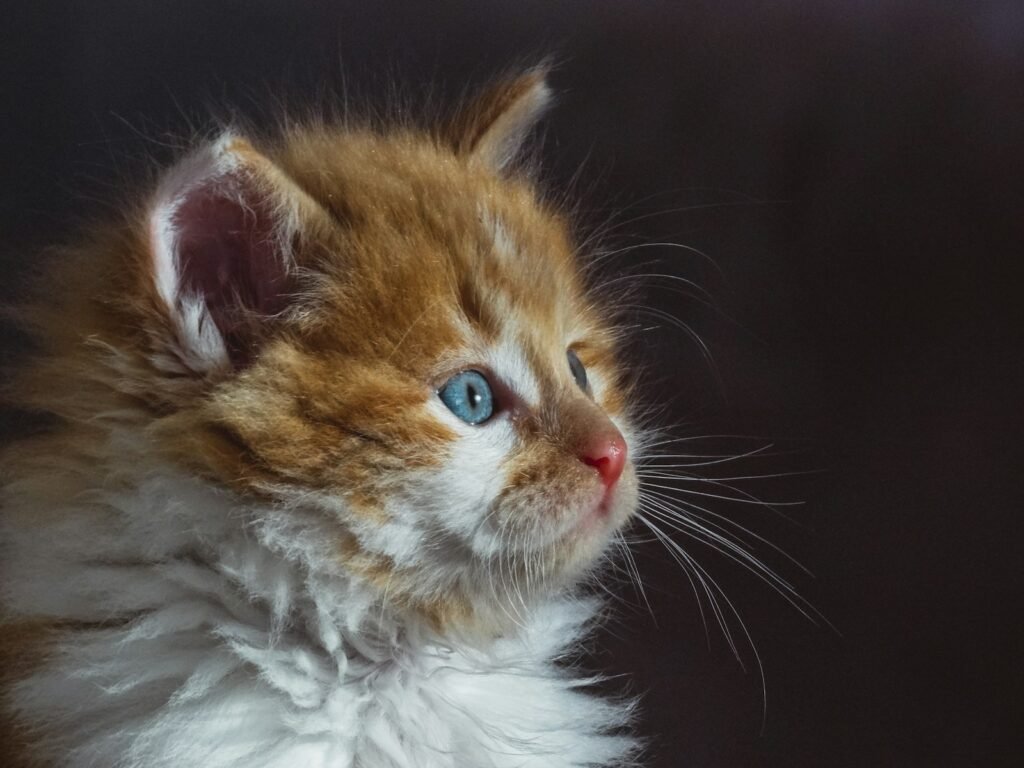
Understanding why cats bring home dead prey involves delving into feline psychology. Cats function as both solitary and social creatures, often expressing their natural instincts through seemingly odd behaviors that are quite logical under the lens of cat psychology.
The Role of Territory
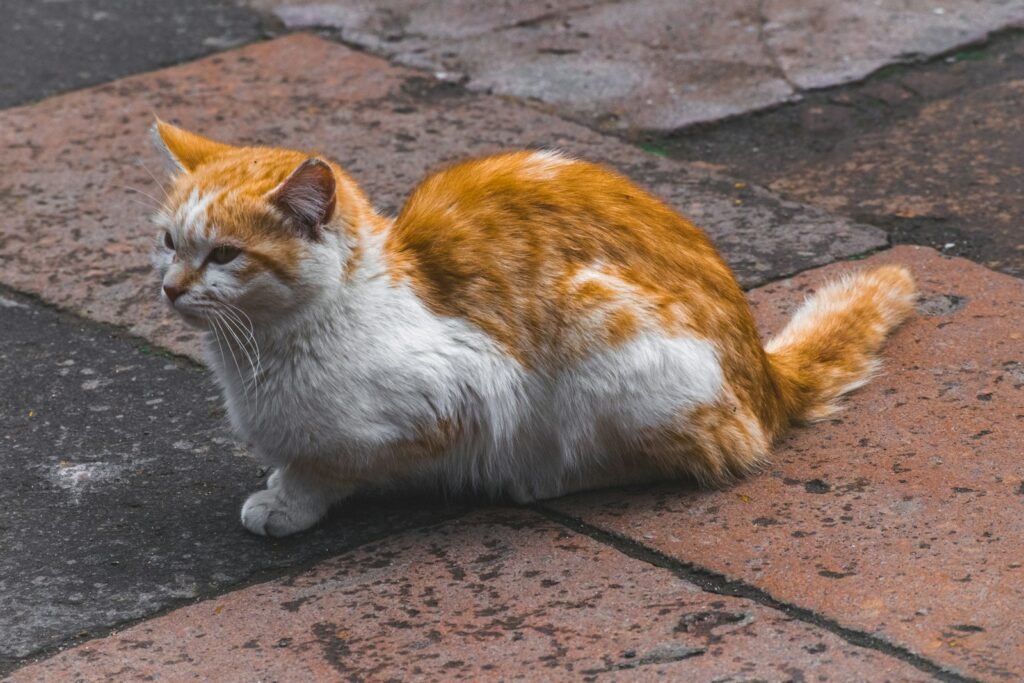
Cats are territorial animals. Bringing home prey may be a method of marking their territory or a way of reinforcing their role as a proficient hunter within that territory. This behavior asserts their dominance and control over the environment they consider theirs.
Teaching Moments
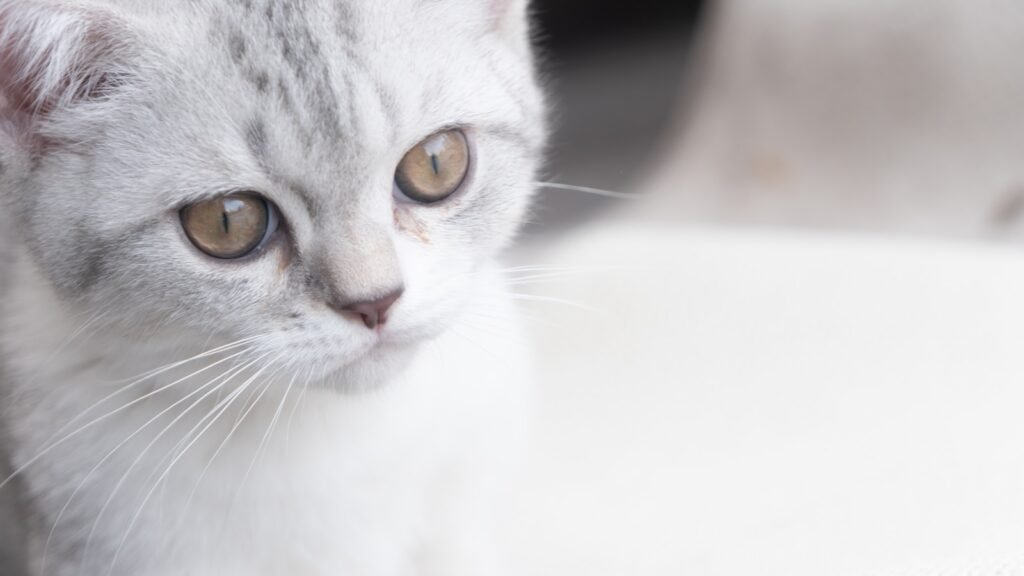
In the wild, mother cats teach their kittens how to hunt by bringing them dead or injured prey. Domestic cats may be replicating this behavior with their human owners, unconsciously attempting to ‘educate’ them on how to hunt and fend for themselves.
Gift Giving or Sharing?
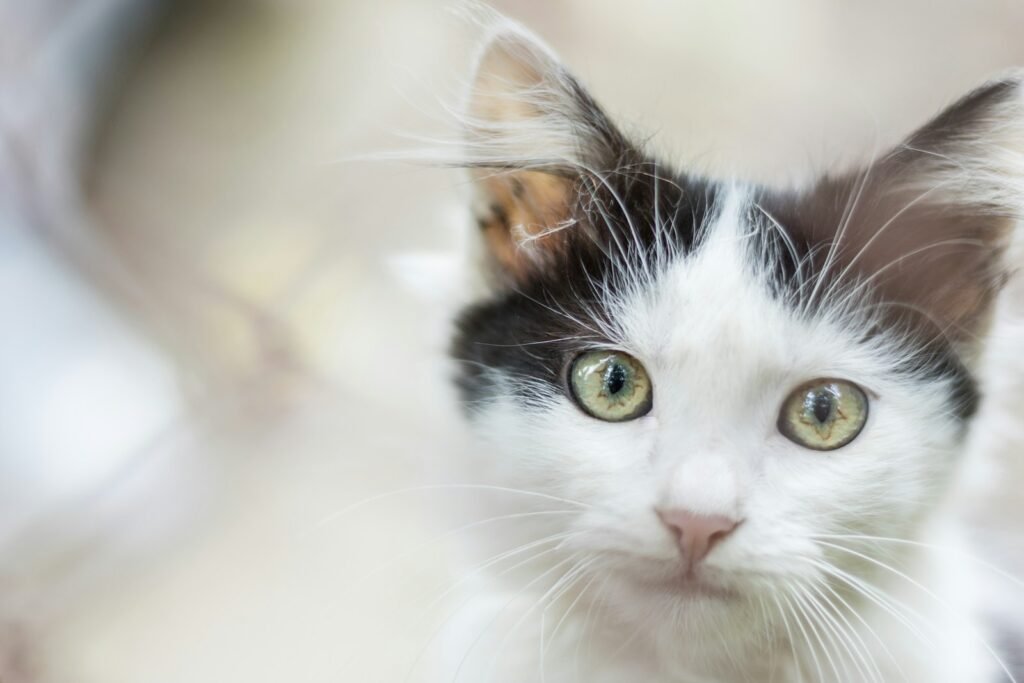
Cats bringing prey to their owners can also be interpreted as an act of sharing. By bringing dead prey home, they may be trying to share their “bounty” with their human family as a part of their social conduct or a gesture of bonding.
Praise and Attention
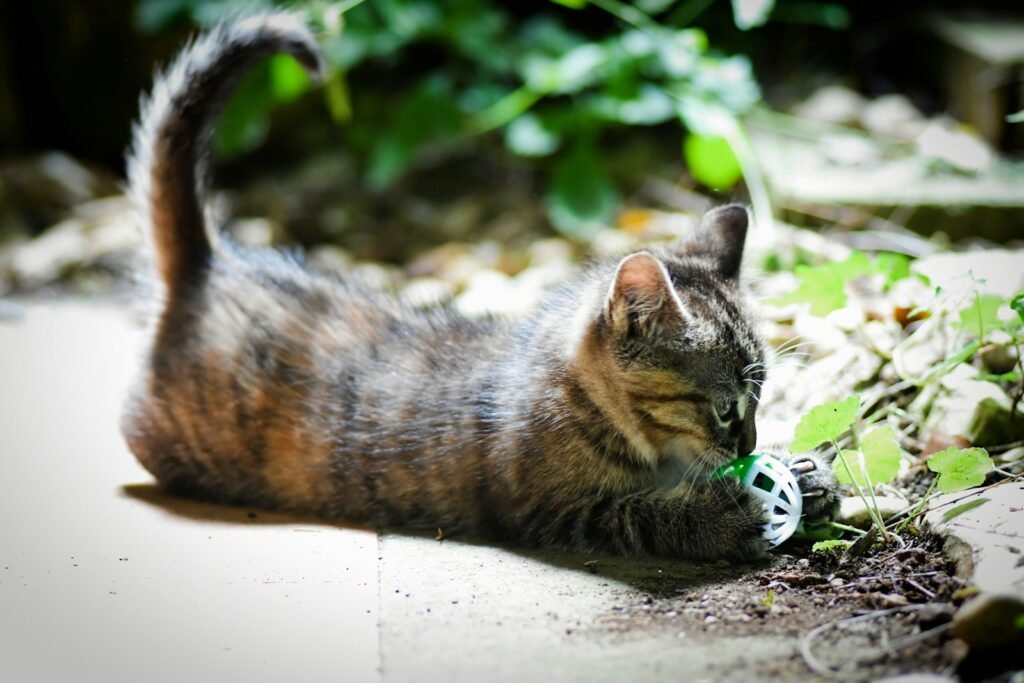
Cats often seek attention from their owners. By bringing in prey, your cat might be looking for praise or acknowledgment of its hunting prowess. Positive reinforcements from the owner can reinforce this behavior.
Diet and Hunger

Although unlikely, a cat might bring prey into the home because it is hungry. However, this is generally less plausible for well-fed domestic cats. Nonetheless, ensuring your cat is properly fed can mitigate this reason.
Instinct vs. Domestication
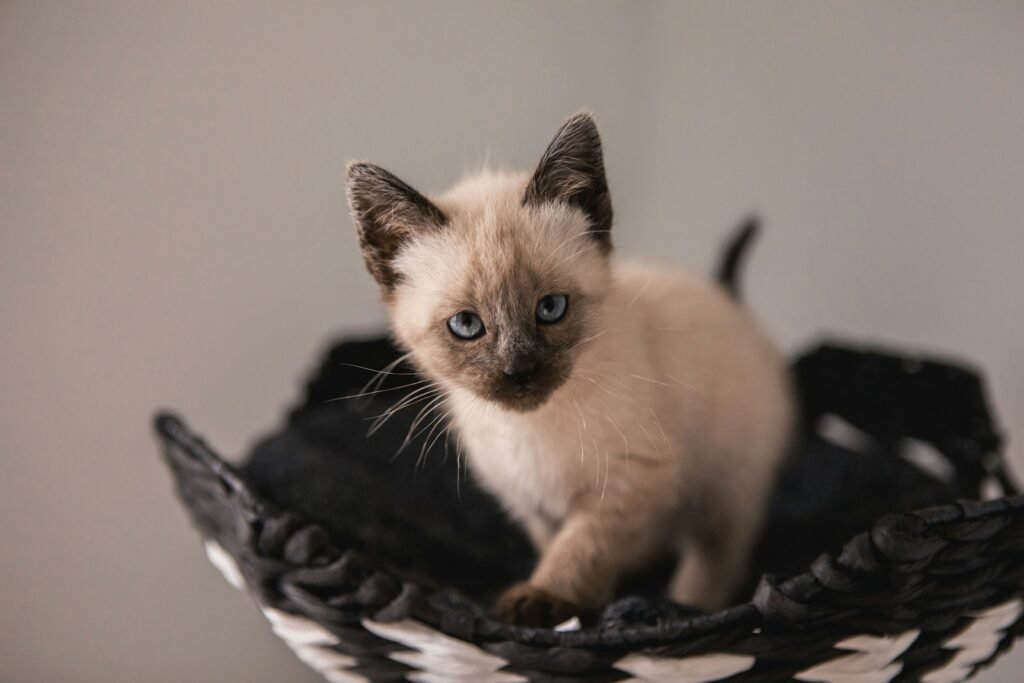
Despite thousands of years of domestication, cats retain wild instincts, and these instincts sometimes manifest in ways that are confusing or inconvenient for human owners. Understanding this balance between instinct and domestication is crucial in comprehending such behaviors.
How to Respond to Your Cat’s “Gifts”
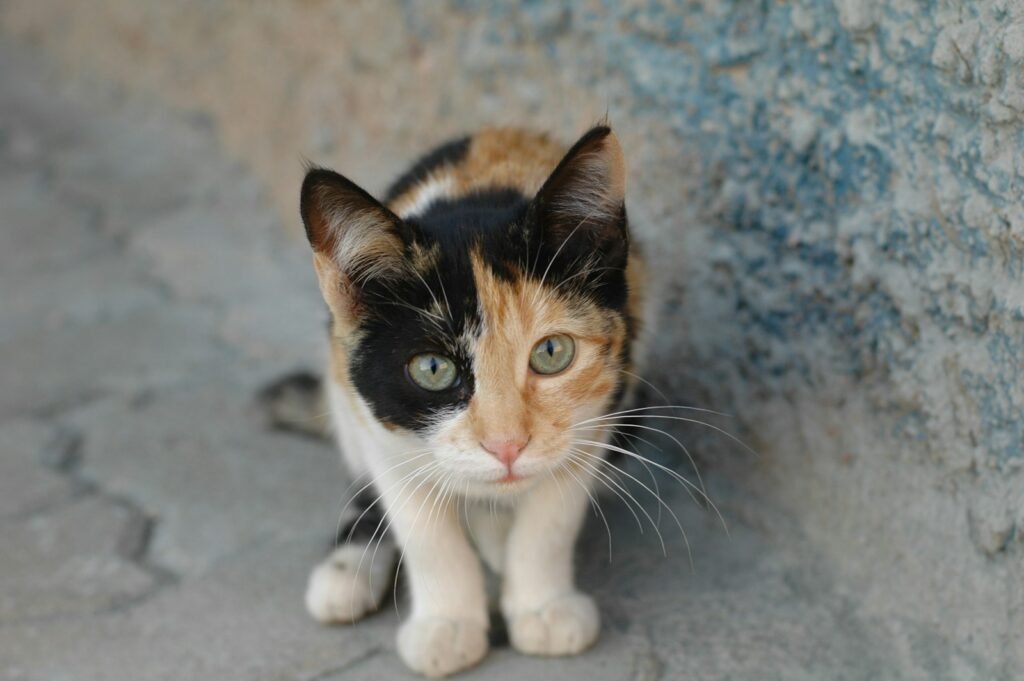
When faced with your cat’s gifts, it’s important to avoid negative reactions. Instead, gently dispose of the prey and redirect your cat’s hunting instincts with toys or indoor play activities. Positive interaction and play can help manage these behaviors.
Conclusion: Embracing Feline Nature
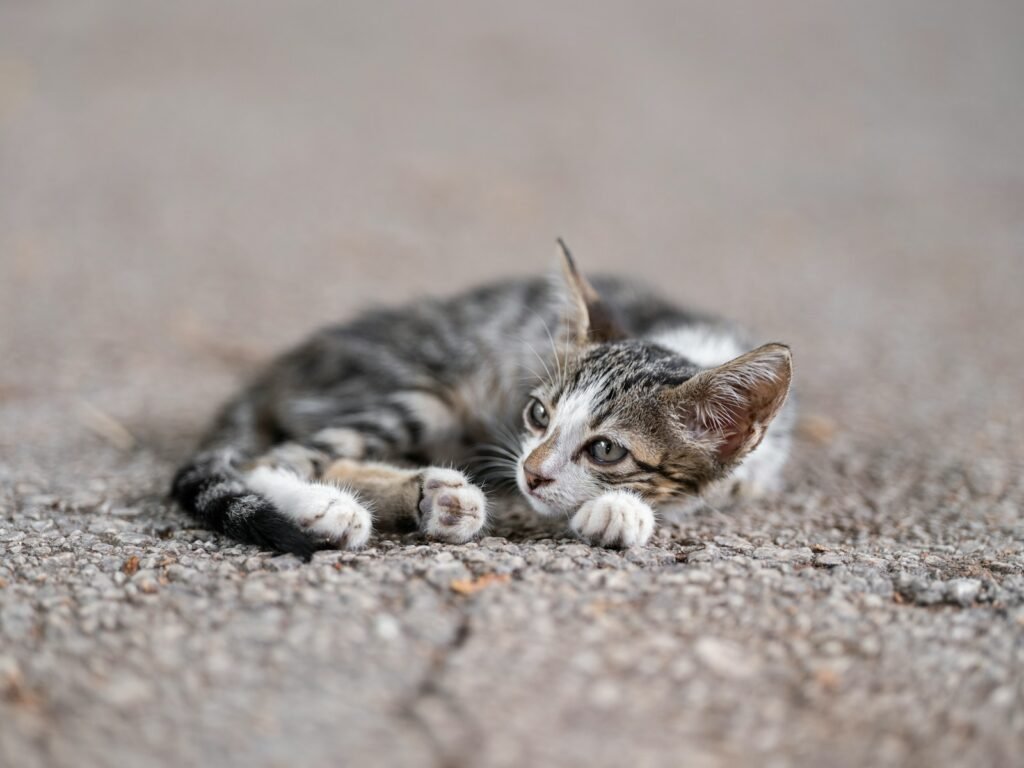
Cats bringing home prey is a natural expression of their instincts. For cat lovers, accepting and understanding this behavior is part of embracing the unique and often perplexing nature of these enigmatic animals. By learning about these behaviors, we can better appreciate and care for our feline companions.
Hi, I’m Bola, a passionate writer and creative strategist with a knack for crafting compelling content that educates, inspires, and connects. Over the years, I’ve honed my skills across various writing fields, including content creation, copywriting, online course development, and video scriptwriting.
When I’m not at my desk, you’ll find me exploring new ideas, reading books, or brainstorming creative ways to solve challenges. I believe that words have the power to transform, and I’m here to help you leverage that power for success.
Thanks for stopping by, Keep coming to this website to checkout new articles form me. You’d always love it!






